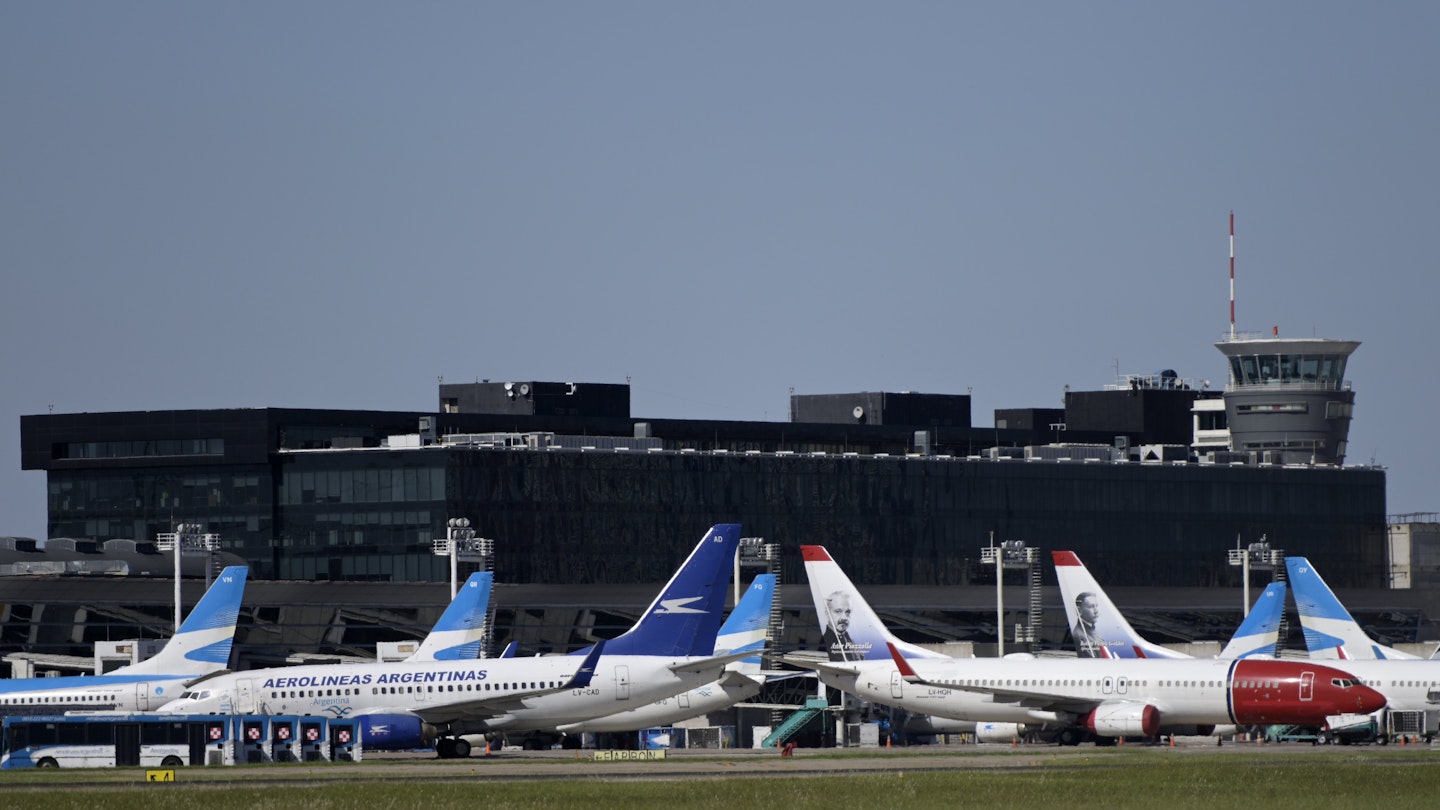Argentina’s Commercial Flight Ban During COVID-19
In an effort to control flights into the country during the COVID-19 pandemic, Argentina has banned all commercial flight ticket sales until September 1. This decision marks one of the strictest travel bans in the Americas.
The announcement, made by President Alberto Fernandez’s administration, indicates that those who ignore these flight restrictions will face fines. Consequently, the situation demands strict compliance to ensure public health.
A spokesperson for President Fernandez stated, “The problem was that airlines were selling tickets without having authorization to travel to Argentine soil,” highlighting the need for regulatory oversight.
Details of the New Regulations
The new regulations, supported by Argentina’s National Civil Aviation Administration, will not apply to flights bringing citizens back into the country or cargo flights. This exception aims to facilitate relief efforts amid the ongoing crisis.
Other South American nations, including Colombia, Peru, and Ecuador, have also temporarily banned commercial flights; however, none have imposed restrictions as prolonged as Argentina’s.
COVID-19 Situation in Argentina
As of now, Argentina has reported over 4,000 cases of COVID-19 and nearly 200 deaths, with figures provided by Johns Hopkins University. The country has been under lockdown since March 20, with the government recently extending the quarantine until May 10.
In comparison, neighboring Chile has reported over 13,000 cases and almost 200 deaths, while Uruguay’s statistics show fewer than 1,000 cases and 15 deaths.
Industry Response
Understandably, the airline industry has expressed strong opposition to Argentina’s new policy. The Latin American and Caribbean Air Transport Association (ALTA), which represents many airlines in the region, has warned of the “serious financial challenges” that Argentine airports will face due to these changes.
In a press release, ALTA stated, “We understand the complex situation that the government is faced with and that its number one priority is to guarantee the health and safety of the population. However, we see it as our responsibility to express the industry’s deep concern regarding this resolution, especially since no consultation process took place.”
They added, “We are faced with an extremely complex scenario, in which airlines still need to cover about 50% of their fixed costs while not generating any income. Unfortunately, many companies in the sector will not be able to survive if this resolution is implemented as planned. Therefore, we reiterate our call for a timely dialogue with the relevant authorities to ensure the survival of the sector, in support of the country’s overall socio-economic well-being.”





